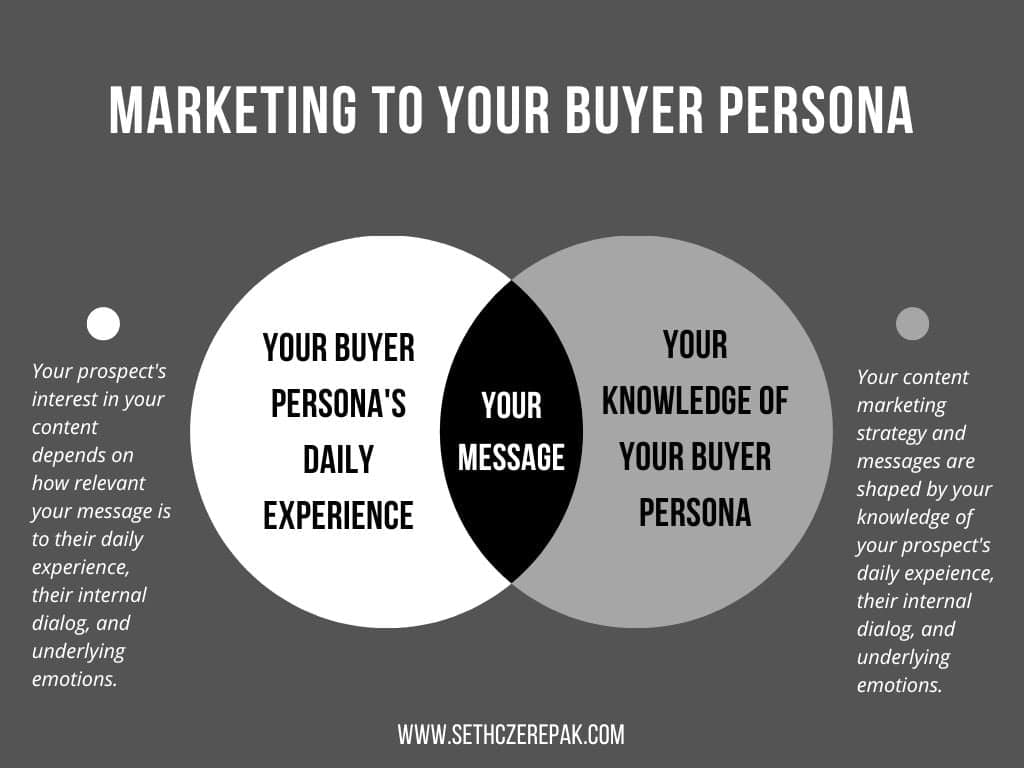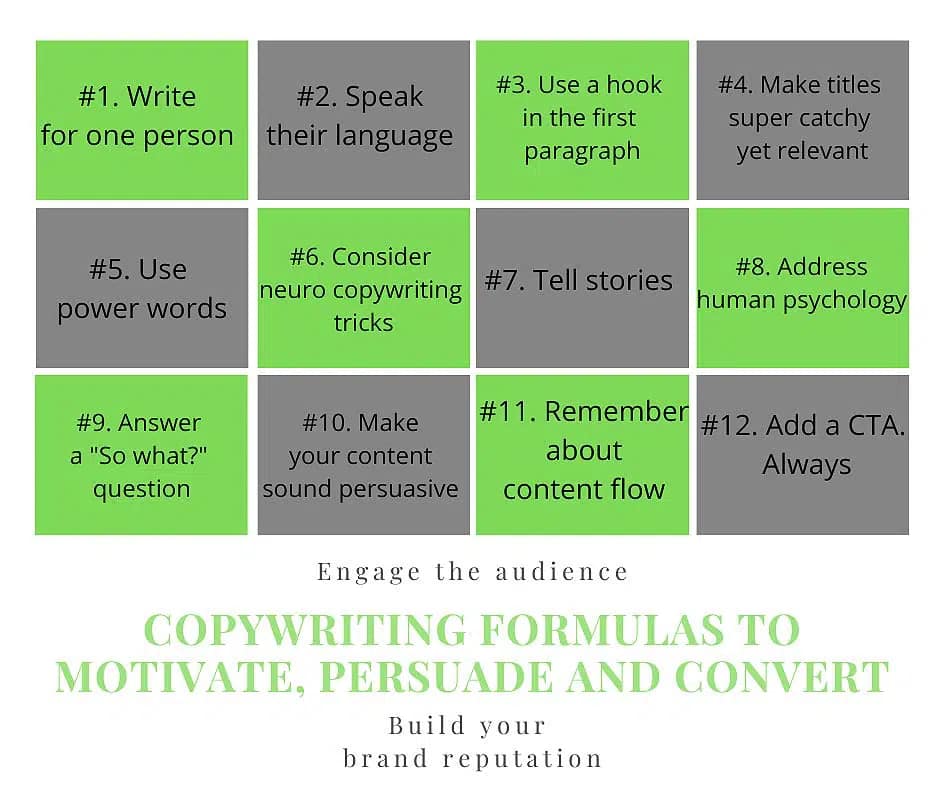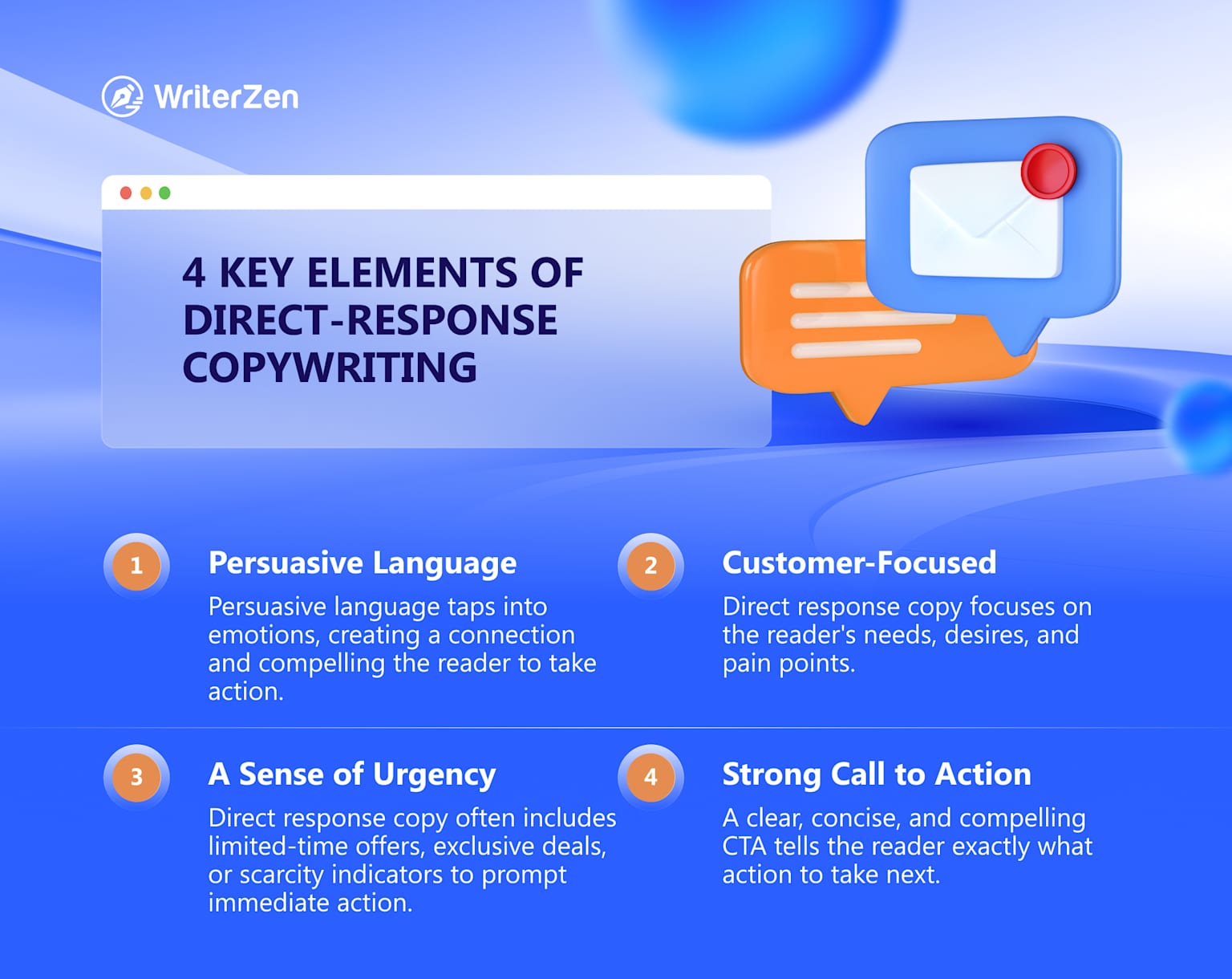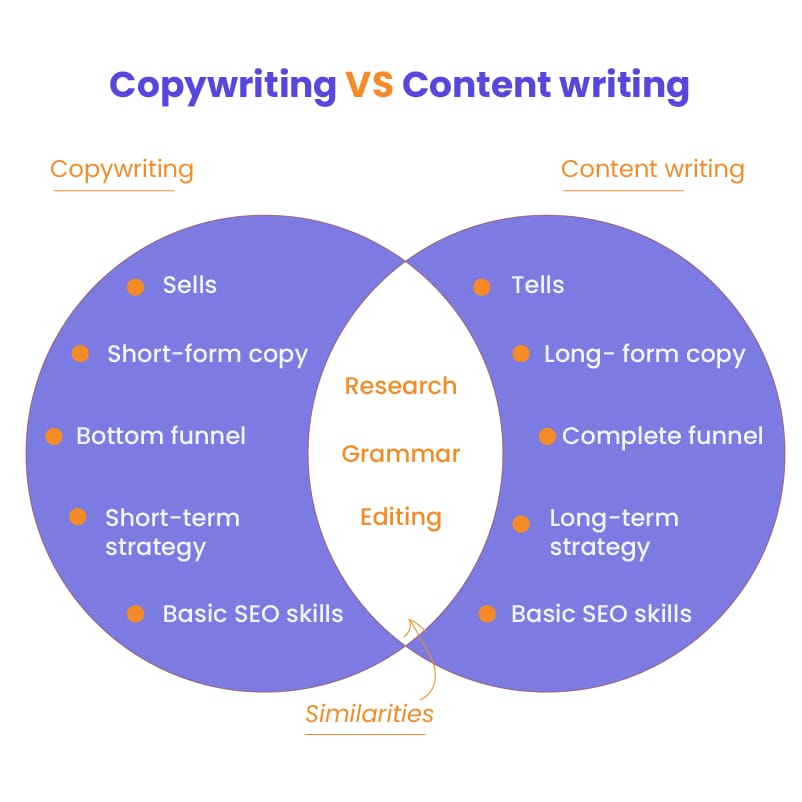
The Foundation: Length Equals Effectiveness
Kennedy's core philosophy rests on a simple but revolutionary idea: the length of sales copy should be determined by its effectiveness, not by preconceived notions about attention spans or reading preferences. In his landmark book "The Ultimate Sales Letter," Kennedy argues that sales copy should replicate face-to-face selling as closely as possible. Just as a skilled salesperson wouldn't arbitrarily cut short a presentation when a prospect is engaged, copywriters shouldn't impose artificial word limits on their sales messages.

This principle challenges the conventional wisdom that shorter is always better. Kennedy emphasizes that "personally, I almost never write to a predetermined length of anything". Instead, he advocates for comprehensive coverage of all necessary selling points, then editing for space constraints only when absolutely required.
The Salesperson Analogy: No Time Limits on Sales
One of Kennedy's most compelling arguments centers on the salesperson analogy. He poses a thought-provoking question: would you impose a strict time limit on your best salesperson when they're making a presentation to a qualified prospect? Kennedy argues that "we wouldn't do it to a salesman. We ought not to do it to the sales media".
This analogy extends beyond mere length considerations. Kennedy believes that sales copy should incorporate all the elements of effective face-to-face selling: building rapport, identifying problems, presenting solutions, overcoming objections, and closing the sale. Each of these elements requires adequate space to be executed properly, which naturally leads to longer-form content.
Statistical Evidence: Long Copy Consistently Wins
Kennedy's philosophy isn't based on theory alone—it's supported by decades of empirical data and statistical research. He frequently cites studies showing that "virtually without exception, long copy outperforms short copy". This research reveals a fascinating pattern: readership falls off dramatically at 300 words but doesn't drop off again until 3,000 words. This suggests that people who aren't interested in your offer will disengage quickly regardless of length, while those who are interested will read extensively.

Kennedy's own client examples provide compelling evidence. He references an 84-page direct mail sales letter that achieved high conversion rates and a 47-minute online video that converted 18% of viewers. These results demonstrate that when content is relevant and engaging, length becomes irrelevant to motivated prospects.
The Interest Principle: Engagement Over Length
Perhaps Kennedy's most quoted principle about content length states the above. This insight reveals the true relationship between content length and reader engagement.
The principle suggests that interest, not length, determines readability. When prospects are genuinely interested in solving a problem or achieving a desired outcome, they will consume extensive amounts of relevant information. Conversely, uninterested prospects won't engage with even the briefest messages.
Message-to-Market Match: The Right Audience Reads Everything
Kennedy's concept of "message-to-market match" is crucial to understanding his philosophy on content length. When you present the right message to the right audience through the right medium, length becomes a secondary consideration. Highly targeted prospects will read lengthy content because it directly addresses their specific needs and interests.

This principle explains why generic, broad marketing messages fail regardless of length, while highly specific, relevant content succeeds even when extensive. Kennedy emphasizes that "the tighter the match, the better", suggesting that precise targeting enables longer, more detailed sales messages.
The Customer Perspective: Don't Be Your Own Customer
Kennedy addresses a common mistake among marketers and copywriters: assuming they represent their target audience. He argues that "the person who says 'I would never read all that copy' makes the mistake of thinking they are the customer. And they're not". This insight challenges copywriters to think beyond their own preferences and consider their actual prospects' needs and behaviors.
This principle recognizes that motivated prospects behave differently from casual observers. While industry insiders might skim content, genuine prospects facing real problems will invest time in thorough evaluation of potential solutions.
The Writing Process: Overwrite, Then Edit
Kennedy's practical approach to implementing his length philosophy involves strategic overwriting. He recommends covering every possible selling point and addressing all potential objections, then editing for space constraints only when absolutely necessary. This process ensures that no critical selling elements are omitted due to arbitrary length restrictions.
"I will overwrite and cover every base and do everything I know how to do to make that case. Then if I must, I will come backwards in order to cut and force it to fit the space I'm allowed"
This approach prioritizes persuasive completeness over brevity.
Real-World Application: Kennedy's Success Stories
Kennedy's philosophy has produced remarkable results across various industries and formats. His clients have achieved success with 84-page direct mail sales letters, 47-minute video sales letters, and other long-form content that defies conventional wisdom about attention spans. These examples demonstrate that when content is properly targeted and skillfully crafted, length enhances rather than hinders effectiveness.

The key to Kennedy's success lies not in arbitrary length but in purposeful length—every word serves a specific function in the sales process. His long-form content includes detailed problem identification, comprehensive solution presentation, extensive social proof, thorough objection handling, and compelling calls to action.
The Battle for Survival: Sentence by Sentence
Kennedy describes the copywriter's challenge as "a battle for survival" that occurs "literally sentence by sentence, paragraph by paragraph, subhead by subhead, page by page". This perspective emphasizes that length alone isn't sufficient—every element must contribute to maintaining reader engagement and advancing the sales argument.

This battle mentality requires copywriters to justify every sentence and paragraph, ensuring that extended length serves a strategic purpose rather than merely filling space. Kennedy's approach demands that longer content be more engaging, not less.
Modern Implications: Digital Age Relevance
Despite originating in the direct mail era, Kennedy's philosophy remains highly relevant in the digital age. Long-form sales pages, extended email sequences, and comprehensive video sales letters continue to outperform shorter alternatives when properly executed. The principles of message-to-market match and interest-driven engagement apply equally to online and offline marketing.

Kennedy's emphasis on results over aesthetics resonates particularly strongly in digital marketing, where split-testing and analytics provide immediate feedback on content effectiveness. His philosophy encourages marketers to test longer formats rather than defaulting to shorter ones based on unfounded assumptions about digital attention spans.
Understanding the Distinction: Copywriting vs Content Writing

Kennedy's philosophy specifically applies to sales copywriting, which differs fundamentally from content writing. While content writing focuses on informing and entertaining, copywriting aims to persuade and convert. This distinction is crucial to understanding why Kennedy's length philosophy works—sales copy serves a different purpose than educational content.
Conclusion: Purpose-Driven Length
Dan Kennedy's core philosophy on content length represents a fundamental shift from arbitrary brevity to purposeful comprehensiveness. His approach prioritizes effectiveness over convenience, audience needs over writer preferences, and proven results over theoretical limitations. By viewing sales copy as a replacement for face-to-face selling, Kennedy demonstrates that length should serve the sales process rather than conform to external constraints.
The enduring success of Kennedy's philosophy lies in its customer-centric approach. Rather than imposing limitations based on writer assumptions, it adapts to prospect needs and behaviors. This flexibility, combined with rigorous testing and measurement, continues to produce superior results across industries and media.
For copywriters and marketers seeking to improve their results, Kennedy's philosophy offers a clear directive: focus on effectiveness, not efficiency. Write as much as necessary to achieve your objective, then refine for maximum impact. In a world of increasing competition and decreasing attention spans, this counterintuitive approach often provides the competitive advantage needed to break through the noise and generate meaningful responses.






